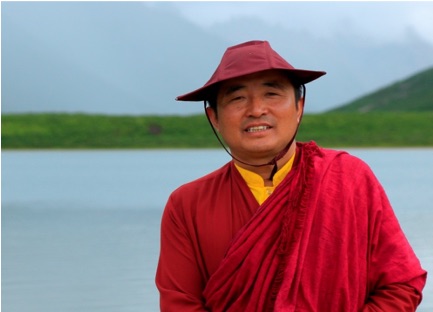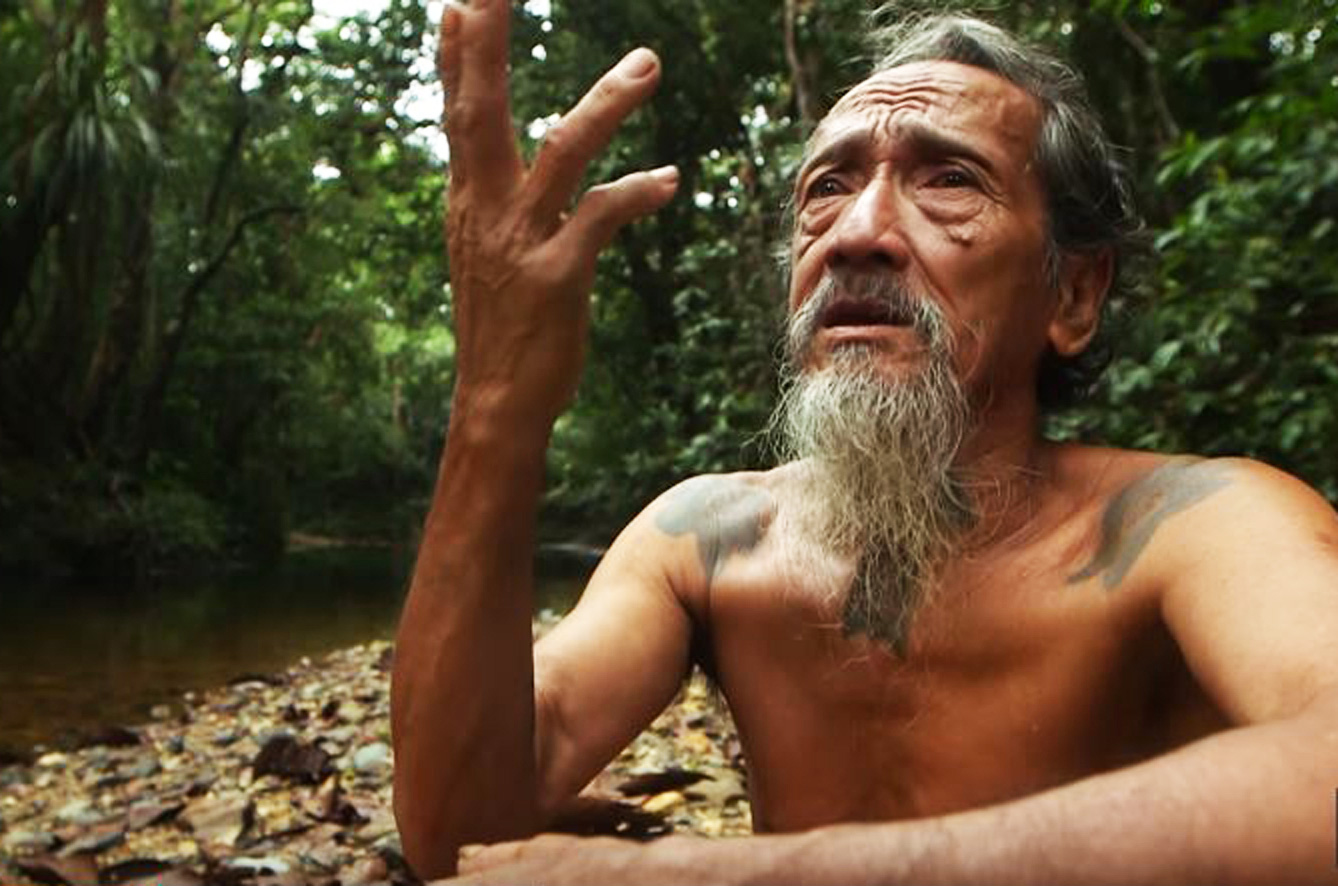View on The Global Environmental Justice site
Curator
This film was chosen by Ken Berthel, Assistant Professor of Chinese, Whittier College
Why I selected this film
Waking the Green Tiger frames the unprecedented success of a grassroots environmental movement as a pivotal moment in the context of the detrimental environmental practices of the recent past, suggesting that this success might represent a foothold for a more burgeoning democratic movement. The film can serve as an excellent jumping-off point for a number of important topics, including environmental justice, political activism, Chinese environmental history, and the power of documentary filmmaking.
Marcuse’s film will appeal to educators who wish to focus on environmental justice, tensions between rising demands for energy and environmental protection, and the power of grassroots movements to effect unexpected outcomes in political contexts as challenging as the one in contemporary China. Waking the Green Tiger will be relevant for courses in environmental studies, Chinese cultural studies, sociology, anthropology, political science, law, and film, among others.
Teacher's guide
Please see the teacher's guide for maps, background information and suggested subjects, questions and activities.
Synopsis
Seen through the eyes of activists, farmers, and journalists, Waking the Green Tiger follows an extraordinary campaign to stop a massive dam project on the Upper Yangtze River in southwestern China that would displace 100,000 people.
Featuring astonishing archival footage never seen outside China and interviews with witnesses and a government insider, the documentary also tells the history of Chairman Mao’s campaigns to conquer nature in the name of progress.
An environmental movement takes root when a new environmental law is passed, and for the first time in China’s history, ordinary citizens have the democratic right to speak out and take part in government decisions. Activists test this new freedom and save a river. The movement they trigger has the potential to transform China.
The environmental justice focus of the film
The film deals with questions of individual and local group agency over the environmental conditions in which they live, with reference to associated tensions that arise among farmers, non-governmental organizations,hydroelectric power profiteers, and government agencies.
Updates
October 2020: For an update on the current status of dam construction and the obstacles faced by NGOs on the upper Yangtze see
https://e360.yale.edu/features/with-activists-silenced-china-moves-ahead-on-big-dam-project
Waking the Green Tiger is wonderful, an amazing story that opens an unexpected window onto China. - Ronald Wright, author of A Short History of Progress
…the perfect balance between information and entertainment, condensing several decades of history into a rousing portrait of China’s emerging green movement. — Brett Kessler, ABC 7.com
Review for Video Librarian by Isadora Lambert
https://videolibrarian.com/reviews/documentary/waking-the-green-tiger-documentary/
Four stars ****
This film would be especially impactful to students and library patrons interested in topics like environmental justice, history, Asian studies, geography, political science, and anthropology.
Waking the Green Tiger: A Green Movement Rises in China is an interesting documentary that examines the unique environmental situation in China. The film follows activist opposition to the construction of twenty-one dams along the three rivers in the Yunnan Provence. These dams infringe upon the unique biodiversity and traditional farming practices in the Yunnan Provence. More than half of the plant and animal species in China can be found in this area, including rare golden monkeys. These dams would also force thousands of farmers to lose their land.
Waking the Green Tiger does an excellent job of explaining the history of environmental destruction in China caused by the regime of Chairman Mao. Mao’s “Man Must Conqueror Nature” campaign prioritized industrial development, encouraging the destruction of forests to make way for steel production. This campaign also encouraged the destruction of pests, urging citizens to kill sparrows that ate grain. However, without the sparrows to kill insects that also ate the grain, the crops failed and millions of people died of famine. This fascinating history is bolstered with archival footage and propaganda posters.
In 2004, a group of activists gained national attention and started a new age of green activism in China. The passage of the New Environmental Assessment Law allowed citizens the right to discuss and question the environmental impact of industrial development. Waking the Green Tiger follows the plight of activists enacting their right to challenge the government.
The documentary presents testimonies from several key figures in the environmental movement, including Qu Geping, China’s former director of environmental protection. Activists, journalists, and farmers are also interviewed, presenting a well-rounded portrait of the environmental movement. The film is shown through the perspective of these activists, placing the viewer inside their world. This viewpoint is often unseen, as censorship laws in China previously prevented documentaries like this from being made.
Waking the Green Tiger captures the spirit of the grassroot environmental movement, emphasizing both how much progress has been made and the work that remains to be done to protect China’s natural environments.
What academic library shelves would this title be on?
This film would be especially impactful to students and library patrons interested in topics like environmental justice, history, Asian studies, geography, political science, and anthropology.
How does this film contribute to a discussion of environmental or climate justice, and/or to environmental literacy?
Waking the Green Tiger contributes to discussions of environmental literacy by showing how the actions of everyday people can impact the environmental health of a nation.
Can this film be used in a library education program?
The film is available in a full-length 78-minute version along with a teacher’s guide. Global Environmental Justice also provides 18 minutes of selected excerpts that would be ideal for a library education program.

 /
/ 


